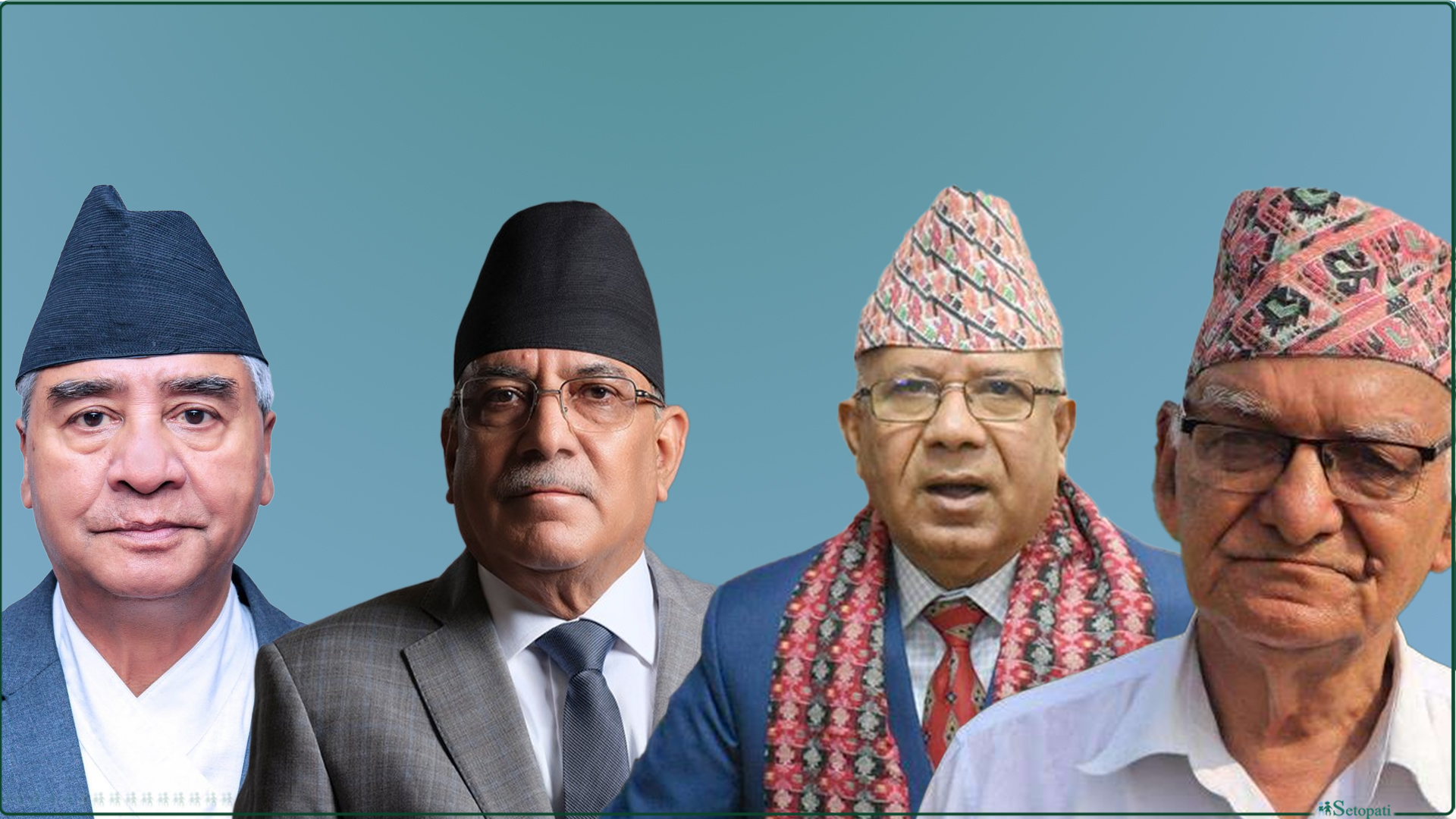The ruling coalition seems headed toward a very slim majority in the House of Representatives (HoR).
The coalition needs 138 seats for majority in the 275-strong HoR that includes 165 elected through the First-Past-The-Post (FPTP) electoral system and 110 through the Proportional Representation (PR) electoral system.
Nepali Congress (NC), that leads the ruling coalition, has won 25 seats through the FPTP system and is currently leading in 31 constituencies now. CPN (Maoist Center) has won in seven seats and is leading in 10, CPN (Unified Socialist) has won six and is leading in five, and Rastriya Janamorcha led by Chitra Bahadur KC has won one seat.
Loktantrik Samajwadi Party, that has forged electoral alliance with the ruling coalition, has won one seat and is leading in three.
The group of Prabhu Sah, who rebelled in CPN-UML at the time of filing nominations, is leading in two constituencies. The ruling coalition has supported both the candidates of his group.
Former NC central leader Amresh Kumar Singh, who has filed rebel candidacy as an independent, is also leading at Sarlahi-4 and is almost certain to support the ruling coalition if elected.
The ruling coalition in this manner will win 92 constituencies if the trend holds.
The ruling coalition seems set to get the remaining 46 seats needed for majority through the PR electoral system. Five parties including NC, UML, Maoist Center, Rastriya Swatantra Party and RPP look set to cross the three-percent threshold to be eligible for PR seats while Janata Samajwadi Party is just on the margin now and one cannot say whether JSP will eventually cross the threshold or not.
NC may get around 30 percent of votes removing the votes secured by parties not crossing the threshold and secure at least 32 seats, while Maoist Center can get the remaining 14 seats if the parties secure PR votes at the current rate.

